Center for Ideas & Society Resident Fellows
2024-25
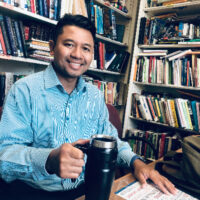 Study of Religion
Study of Religion
CIS Quarterly Fellowship
IMAGINING UNBELIEVER (KAFIR) IN MULTIRELIGIOUS INDONESIA
–
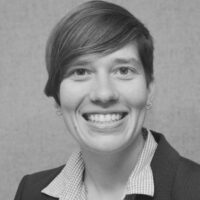 Music
MusicCIS Quarterly Fellowship
Growing Sound Culture: Gender Equity in the Music Industry
Abstract
–
–
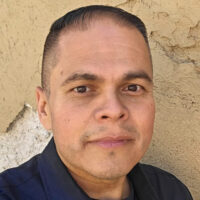 English
EnglishCIS Quarterly Fellowship
The Desirable Conduit: Cinematic Fantasies of Latino Male Sexuality and Labor
Abstract
–
 History
HistoryCIS Quarterly Fellowship
Constantius II and the Bishops: Contested Power and the Formation of the Christian Church in the Fourth Century
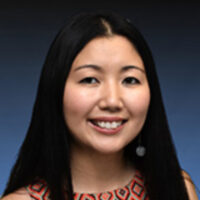 Anthropology
Anthropology
CIS Quarterly Fellowship
The Maya at the Plaza of the Columns Complex, Teotihuacan: A Dialogue with the Murals
Abstract
–
2023-24
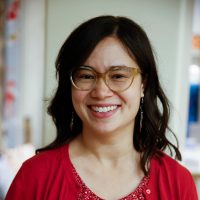 Theatre, Film, and Digital Production
Theatre, Film, and Digital Production
Mellon Second Project Fellowship
Getting Away with Yellowface: Affect, Asian Americans, and American Musical Theatre
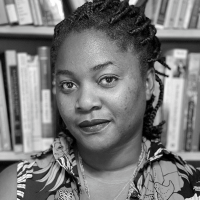 History
HistoryMellon Quarterly Fellowship
The City as Archive: Street Names as a Pathway to Nineteenth-Century Lagos History
Abstract
–
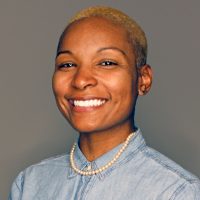 Religious Studies
Religious StudiesMellon Quarterly Fellowship
A Living Archive: Embodying a Blackqueer Ethics
Abstract
–
–
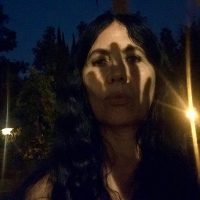 Dance
DanceMellon Quarterly Fellowship
Placing the Three Stones: Insurgent Acts of Ixil Worldmaking
–
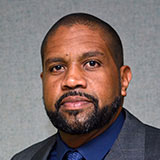
Anthropology
Mellon Quarterly Fellowship
Recipes for Recognition: An Anthropological Cookbook
Abstract
–
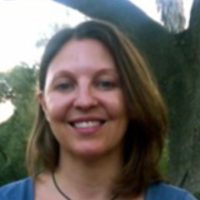
Political Science
Mellon Quarterly Fellowship
East of the 15: Environmental War Crimes, Frontline Pedagogies, and Transformative Landscapes of
Memory
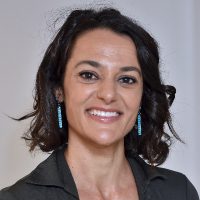
Theatre, Film, and Digital Production
Mellon Quarterly Fellowship
Embodied Performance: A Humanities-Based Approach to Public Speaking
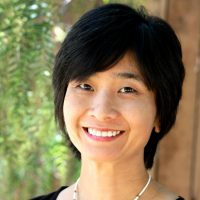
Gender and Sexuality Studies
Mellon Quarterly Fellowship
Radioactive Speak: The Science and Politics of Radiation Exposure in Fukushima
Abstract
–
2022-23
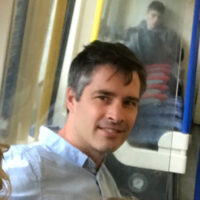 History
History
Mellon Second Book Fellowship
Elephantasmagoria: Elephants in British and American Imperialism
Abstract
–
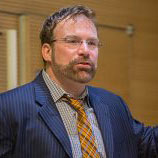 History of Art
History of Art
Mellon Second Book Fellowship
Inventing the Americas: Art, Archaeology, and the Modern Making of a Pre-Columbian Past
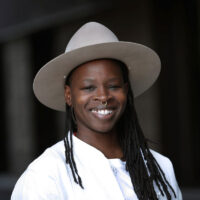 Dance
Dance
Mellon Dean’s Professorship
Ongoing Research Projects
Abstract
–
–
2021-22
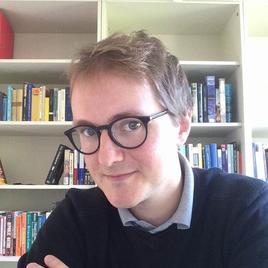 History
History
Mellon Second Project Fellowship
Data Migration: Global Climates Between Africa and Europe
Abstract
–
 Anthropology
Anthropology
Mellon Second Project Fellowship
Imaginative counter-geographies of the opioid crisis in the Inland Empire
2020-21
 Gender and Sexuality Studies
Gender and Sexuality StudiesMellon Second Project Fellowship
Reparative Horizons: On Korean American Activisms
Abstract
–
–
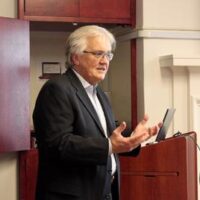 History
History
Mellon Term Professorship
The Murder of the Duke of Buckingham and the Transformation of English Political Culture
![]() Media & Cultural Studies
Media & Cultural Studies
UC President’s Faculty Research Fellowship
The Microbial Resolve: Visualization, Speculation, Security
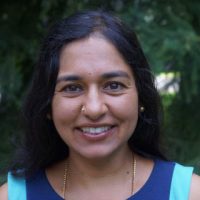 English
English
Mellon Second Project Fellowship
Thug Life: The British Empire and the Birth of Terrorism
Abstract
–
2019-20
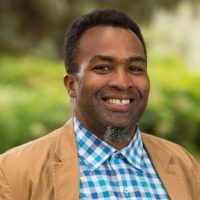 History
History
NEH Fellowship
The Texture of Change: Cloth, Commerce and History in Western Africa, 1700-1850
Abstract
–
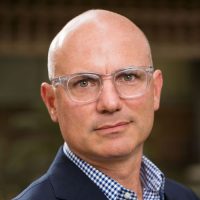 History
History
Mellon Term Professorship
Pacific Gyres and the Base Archipelago: An Environmental History of Militarized Circulations in the Pacific, 1945-Present
 Political Science
Political Science
Mellon Second Project Fellowship
Bringing Labor Back In: How Histories of Conflict Tame Corporate Power Over Time
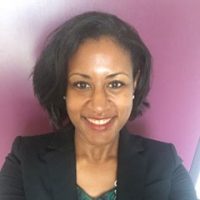 Gender & Sexuality Studies
Gender & Sexuality Studies
Mellon Dean’s Professorship
Many Cooks in the Kitchen: Stoves, Fuels, and Women’s Agency in the Global South
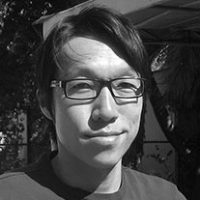 English
English
Mellon Term Professorship
War Everlasting: The Militarized Technogeometries of Korean American Literature
2018-19
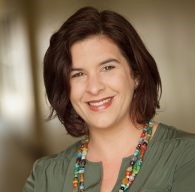 Religious Studies
Religious Studies
Second Project Fellowship
Transformational Festivals, Spirituality, and American Yoga
Abstract
–
2017
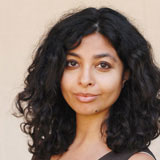 Political Science
Political Science
Senior Fellowship (2017-20)
Prison Yoga and Meditation: South Asian Text and Practice in U.S.
Abstract
–
George Haggerty
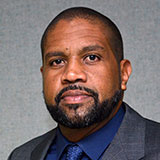 Anthropology
Anthropology
Second Project Fellowship (2017-18)
The Racialization of Space and Youth Citizenship in the Southwest United States
 English
EnglishSenior Fellowship (2017-20)
Recalculating Combat: The Militarized Technogeometries of Korean American Literatures
Abstract
–
2016
 Music
Music
Senior Fellowship (2016-19)
Sonic Imaginations: Sound Studies, Sound Practices and Sound Creativity
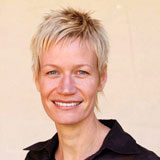 Anthropology
Anthropology
Senior Fellowship (2016-19)
The Afterlife of Solidarity: Vietnamese Reanimation of Urban ‘Ruins’ in Eastern Germany
Ajay Verghese
![]() Political Science
Political Science
Second Project Fellowship (2016-17)
The Last Days of Magic: Religiosity in Modern India
 History of Art
History of Art
Senior Fellowship (2016-19)
Inventing the Americas: Art, Archaeology, and the Modern Making of a Pre-Columbian Past
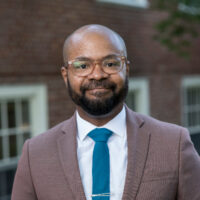 English
English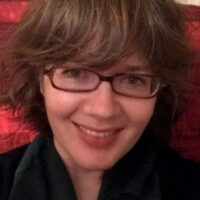 Philosophy
Philosophy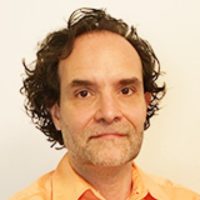 Philosophy
Philosophy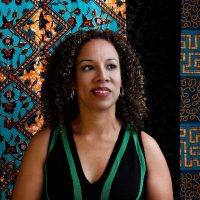
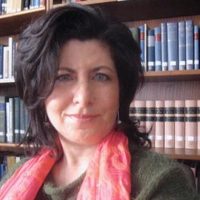
 History
History 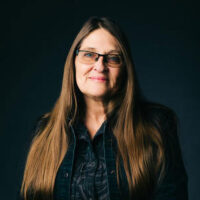 Creative Writing
Creative Writing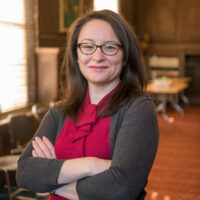 Political Science
Political Science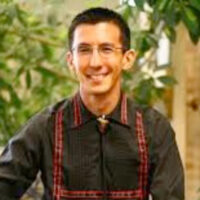 Ethnic Studies
Ethnic Studies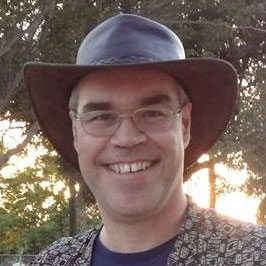 Philosophy
Philosophy English
English Religious Studies
Religious Studies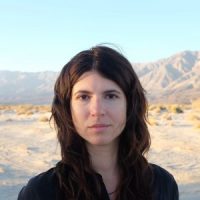 Philosophy
Philosophy Hispanic Studies
Hispanic Studies